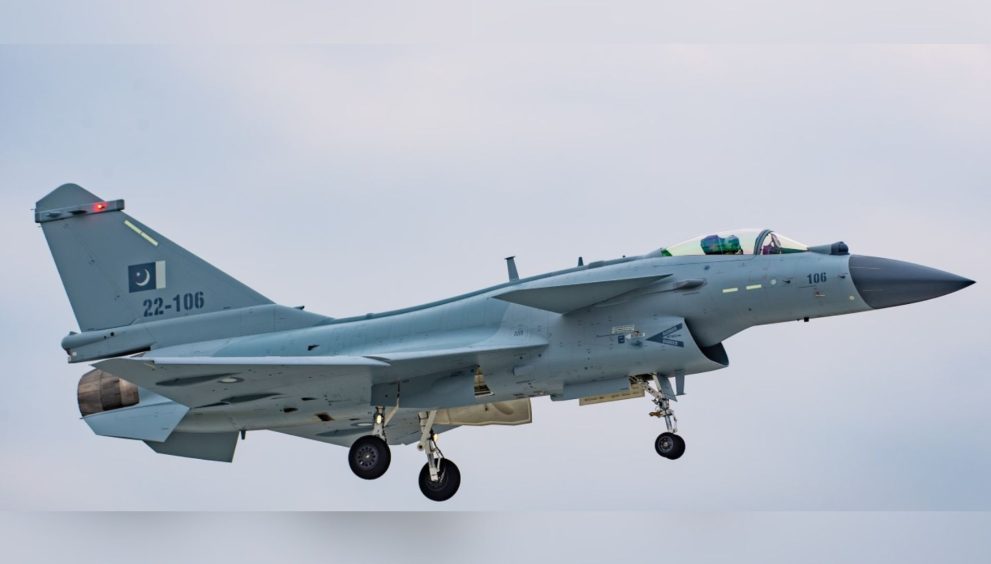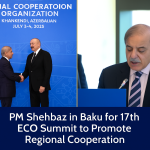The Pakistan Air Force (PAF) has committed to help the South African Air Force (SAAF) improve its pilot training programs and maintain its vital inventory of C-130 aircraft, marking a major step toward bolstering international defense cooperation. The collaboration marks a new chapter in global military cooperation and signals the beginning of a long-term partnership between the two nations.
The development follows a high-level meeting in Islamabad between PAF Chief Air Chief Marshal Zaheer Ahmed Baber Sidhu and SAAF Chief Lieutenant General Wiseman Simo Mbambo. During the session, both leaders explored various avenues for bilateral cooperation, with special emphasis on aviation training, technical support, and operational readiness.
Training Partnership and Strategic Goals
The South African Air Force has been seeking ways to upgrade its training infrastructure and increase aircraft performance, especially for its aging but vital C-130 transport fleet. These aircraft are essential for logistics, humanitarian missions, and strategic mobility across Africa. With Pakistan’s long-standing expertise in military aviation, aircraft maintenance, and specifically, C-130 operations, the PAF emerged as a natural partner for this initiative.
Pakistan’s commitment to supporting international defense allies is well-established, and its experience in successfully training pilots from various countries gives it a strong foundation to support SAAF’s transformation goals.
Both air forces expressed their intent to expand this collaboration beyond technical training, aiming for a comprehensive defense cooperation model that includes knowledge exchange, system upgrades, and interoperability exercises.
Why This Defense Agreement Matters
This partnership has far-reaching implications for both countries. For South Africa, this is an opportunity to revitalize its air force with tried-and-tested practices in flight training, technical maintenance, and C-130 operational standards. It also provides access to Pakistan’s structured air force curriculum, simulators, and aircraft engineering services.
The deal enhances Pakistan’s military diplomacy in Africa and raises its stature in the world defense arena. Such cooperation reflects Pakistan’s growing role in international defense training and its ability to contribute to air power development beyond its borders.
Moreover, the collaboration aligns with broader global defense trends emphasizing cross-border partnerships, shared security responsibilities, and mutual capacity building.
Broader Impact and Future Prospects
The partnership between the PAF and SAAF could serve as a model for other nations seeking cost-effective and efficient defense collaboration. It sets the groundwork for possible future cooperation in joint exercises, tactical training modules, and equipment modernization programs.
Additionally, the agreement highlights how air forces from developing nations can lead the way in fostering global peace and operational readiness through shared expertise, without relying solely on Western military models.
The official announcement and clear commitments from both air chiefs signal that this is more than a one-time agreement – it’s a strategic move toward long-term military cooperation between Africa and South Asia.
The recent defense talks between Pakistan and South Africa have opened the doors to a meaningful and practical partnership. As the PAF prepares to assist in pilot training and C-130 fleet support, this cooperation will likely yield significant mutual benefits, helping both countries achieve stronger, more capable air forces.
With military collaboration gaining pace worldwide, this initiative is a timely and strategic decision for both Islamabad and Pretoria.







